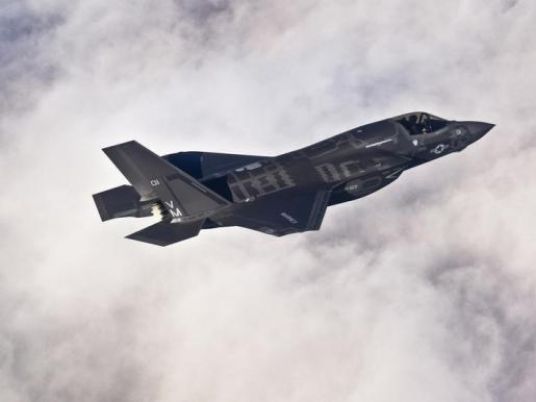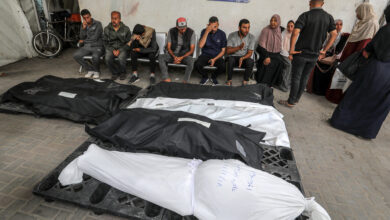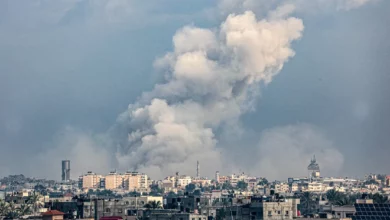
Israel will place a second order for between 10 and 15 U.S.-made F-35 fighter jets, around half the number previously mentioned by defence sources in both countries, an Israeli cabinet minister said on Monday.
A reduced Israeli purchase may dent international confidence in the Lockheed Martin Corp plane and manufacturer efforts to lower the unit price because of advance orders.
Israel bought 19 F-35s for $2.75 billion (1.76 billion pounds) in 2010, with delivery scheduled between 2016 and 2018. Defence Minister Moshe Yaalon, visiting the United States last month, agreed a preliminary deal for 25 to 31 more planes subject to approval by an Israeli ministerial committee, sources said.
One committee member, Strategic Affairs Minister Yuval Steinitz, told Reuters there was majority opposition to the scale of Yaalon's order and preference for a smaller purchase of 10 to 15 planes. A final decision is expected in the coming days.
While declining to go into detail about the closed-door discussions, Steinitz cited misgivings about whether the F-35's range, payload and manoeuvrability would suit Israel's needs. The Israelis are also husbanding a defence budget which, though buoyed by some $3 billion in annual U.S. grants, faces cuts.
"We are not the Defence Ministry's rubber stamp," Steinitz said.
Yaalon's spokesman had no immediate comment.
The ministerial committee, headed by Prime Minister Benjamin Netanyahu, has met four times to discuss the F-35 purchase, twice deferring deadlines on a decision.
The delay could mean Israel incurring penalties on Citibank loan guarantees it had arranged to pay for the F-35s. Terms for the loans were due to expire on Nov. 15, defence sources said.
The 2010 F-35 deal gave Israel the option of buying 75 planes in total – three squadrons. Steinitz' numbers mean Israel will have fewer than two squadrons in the forseeable future, an operational challenge for its air force, which has been tasked with a multitude of regional missions including threatened strikes against Iran's nuclear facilities.
Another Israeli official linked the resistance Yaalon was meeting from cabinet colleagues to the July-August war in Gaza, which ended inconclusively and triggered calls for more investment in armoured troop carriers and munitions.




